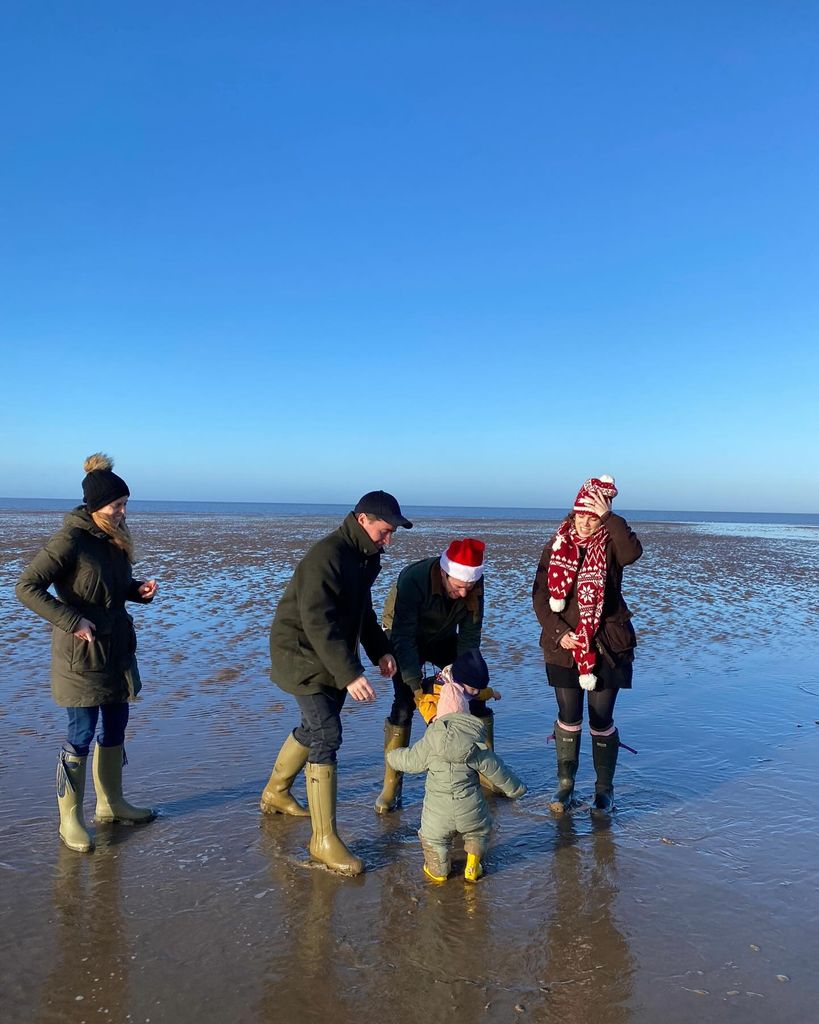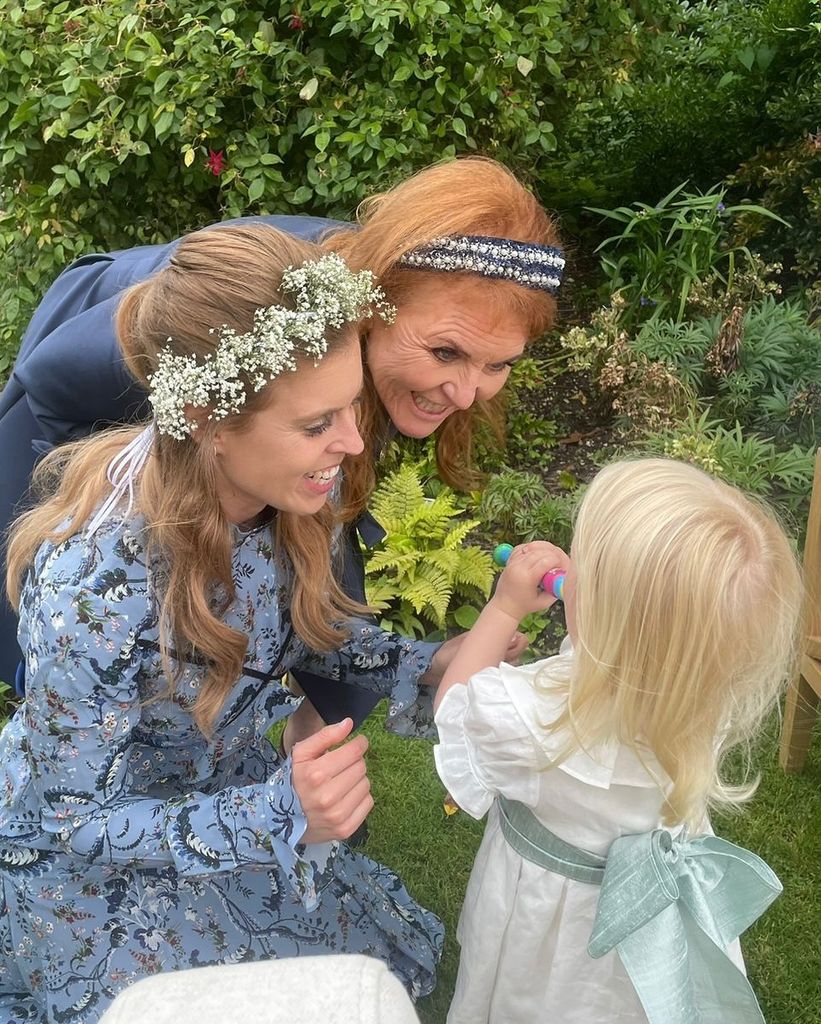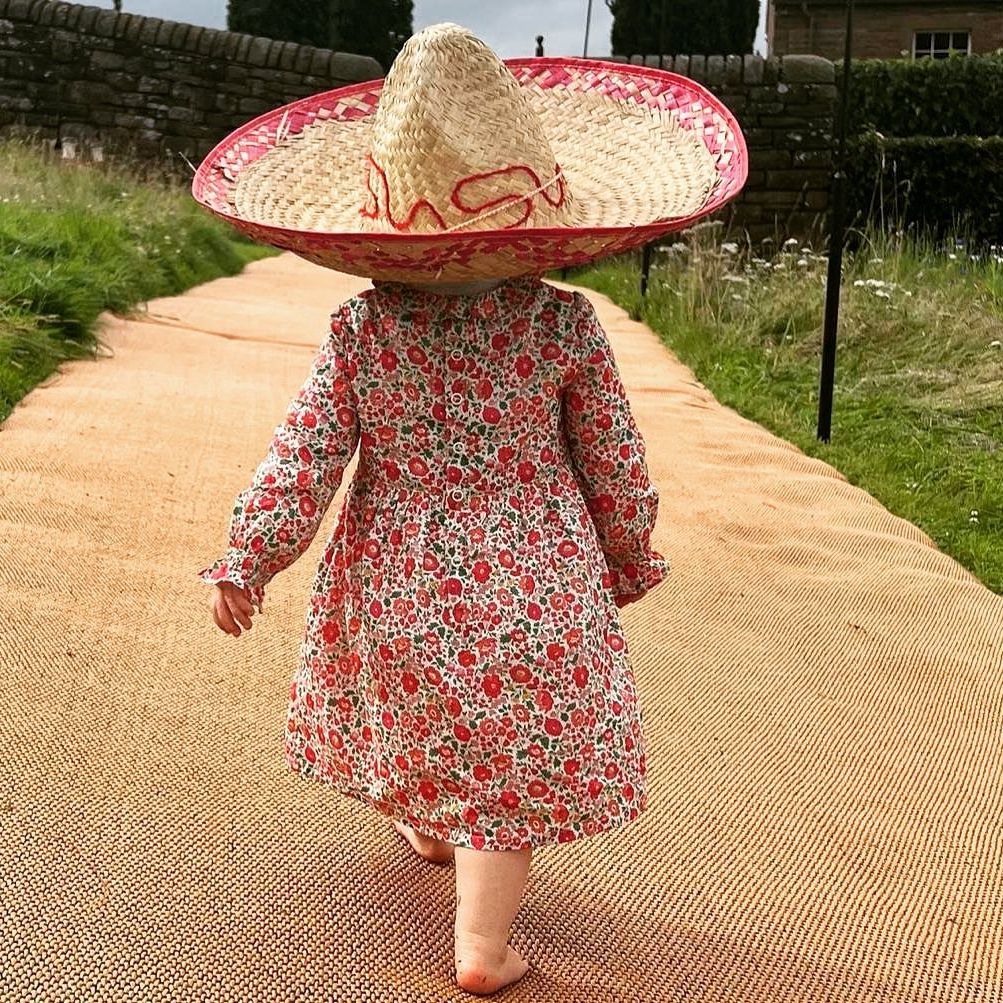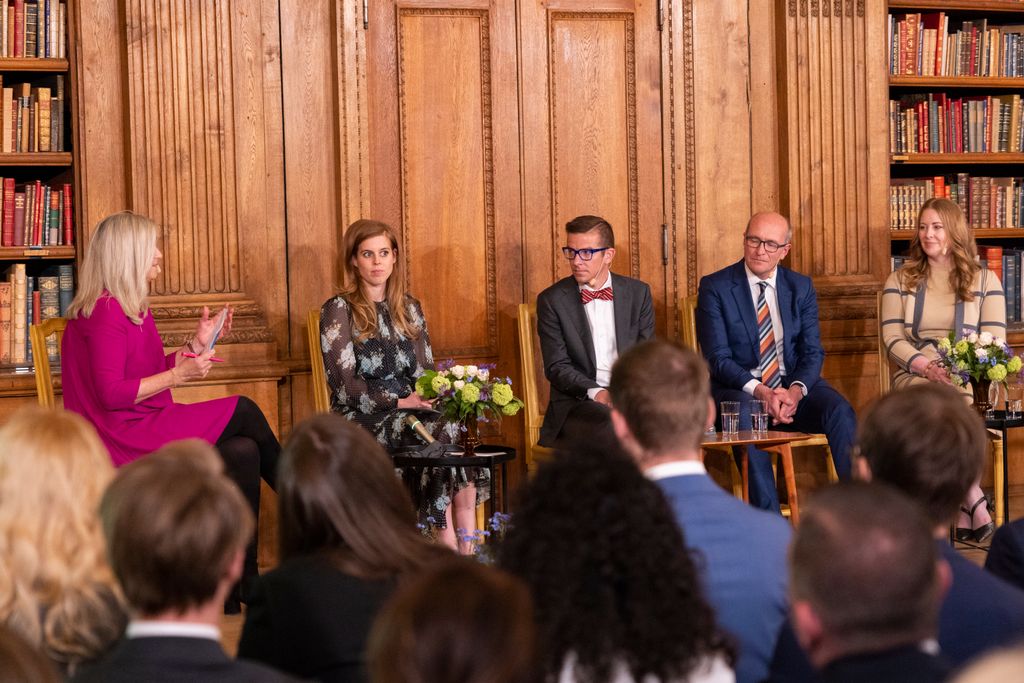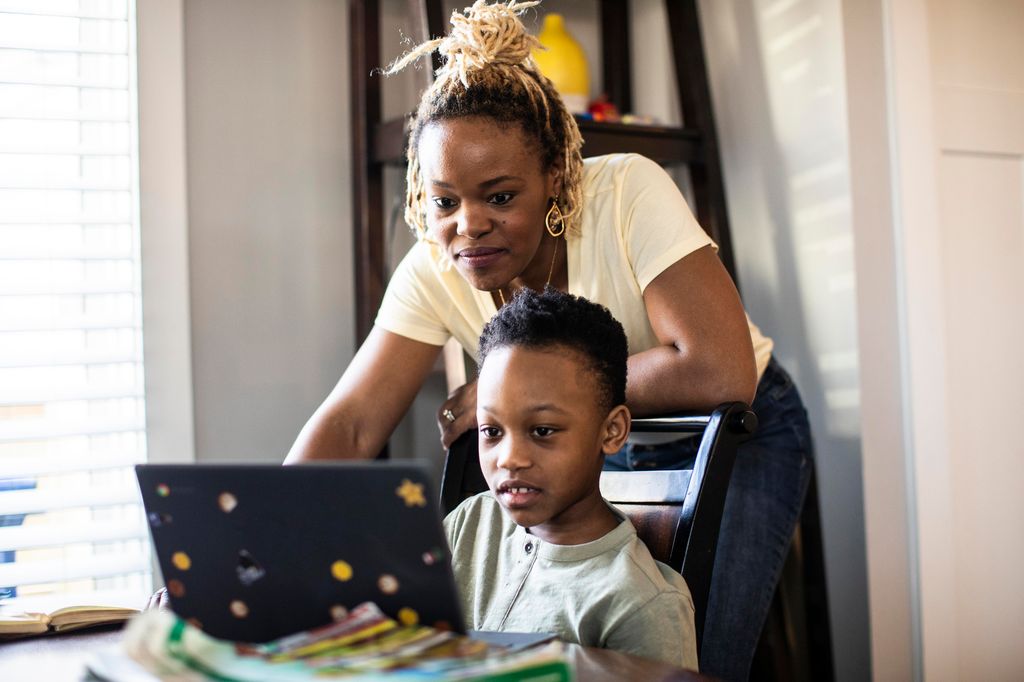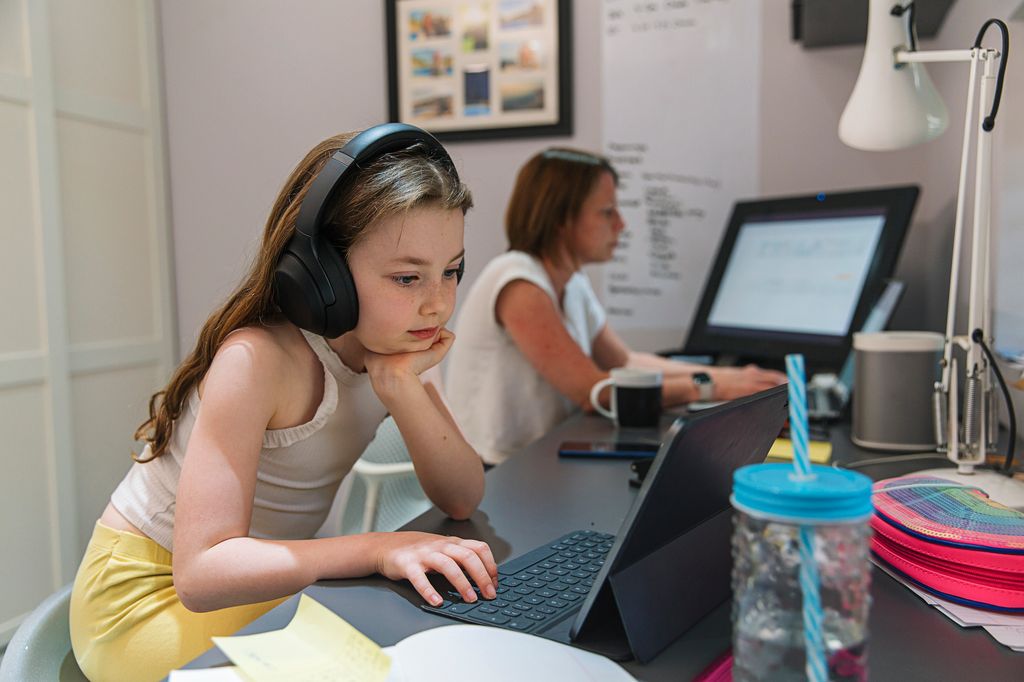Pregnant Princess Beatrice and Edoardo Mapelli Mozzi’s unique parenting style puts them ‘one step ahead’
This Dyslexia Awareness Week, the British Dyslexia Association is asking: ‘What’s your story?’ in an effort to highlight the diverse experiences of the dyslexic community. A public figure who has been open and honest with their experience of dyslexia is Princess Beatrice.
Sarah Ferguson’s eldest daughter, now 36, was diagnosed with dyslexia at the age of seven, and not only has she shared publicly how it impacted her school life, but in recent times she has opened up about how it will inform her parenting style with her husband Edoardo Mapelli Mozzi, who happens to also be dyslexic.
“As two dyslexics, we will be figuring out as parents whether or not our children have dyslexia and how best to support them,” the royal mother told Lessons in Dyslexic Thinking host Kate Griggs. “But I think the most important thing that I can do, hopefully, if they are lucky enough to be dyslexic as well, then I feel really grateful that we can help them with resources.”
HELLO! spoke to Michelle Catterson, head of Moon Hall SEN dyslexia specialist school and chair of the British Dyslexia Association, who shared what exactly this approach to parenting will look like for the royal couple.
Tuned-in parents
Michelle tells us that as two parents with dyslexia, it is likely that Beatrice, who is expecting her second child, and Edoardo, who is also a father to eight-year-old Wolfie with his ex Dara Huang, will be even more tuned into their children’s learning.
While there is nothing to say that their children will have dyslexia, the couple will likely be aware of any struggles they may encounter and will look for ways to help. “Dyslexia is often perceived as a struggle to read, but it’s actually much more than that,” Michelle explains.
“It could be difficulties with organisation, remembering things, or even coordination difficulties. As parents, they will also be aware of the strategies they use themselves to help in situations, so in many ways, they are one step ahead as parents as they will be able to guide and advice their children in the best possible way.”
Looking for the signs
Since dyslexia is hereditary, Beatrice and Edoardo will look for potential signs in their children to get a diagnosis of dyslexia as early as possible to put measures in place to support their learning.
The SEN professional tells us: “Dyslexia usually isn’t diagnosed until around the age of seven, this is because all other potential issues need to be ruled out – things such as needing glasses, perhaps even being a reluctant reader or any developmental delays. Typical signs start when children are expected to read, they may not hear the sounds of the words and how to form these sounds into words.
“They may guess what words say rather than try to sound them out,” she continues. “Many dyslexics will say that the letters are moving around on the page or that the words won’t stay still, this may be something more than dyslexia and needs specialist investigation from a behavioural optometrist. That said, the contrast between black text on a white page, can cause visual stress for some and make it very difficult to read the words.”
A different approach to parenting
As two people with dyslexia, Beatrice and Edoardo may support their children’s learning in different ways than parents without dyslexia.
“It would beperfectly natural to expect that a parent with dyslexia may find certain aspects of supporting their child a challenge,” the chair of the British Dyslexia Association says.
“The important thing is to realise your own strengths and explore these with your child. If reading or spelling isn’t your thing, then use AI – it’s not cheating, it’s working smarter and levelling the playing field.
“Homework can be a real cause of stress at home too – kids are tired, parents are juggling work, cooking dinner, and organising the household,” Michelle continues. “Try and avoid losing your patience in these times. If it’s just not working for you as a family, take a breath, tell the teacher – it’s really not worth the arguments and the stress if the outcome is everyone upset.”
Tools to support
Michelle also tells us that parents like Beatrice and Edoardo can use tools to help them support their children’s education. “Ask [Amazon’s] Alexa how to spell something or even calculate a maths problem,” Michelle advises. “Reading pens and reading software should not be ruled out or even the use of AI to explain things in simpler terms with examples.”
DISCOVER: How online communities can help children: from friendships to confidence building
She adds: “Additionally, there are so many YouTube videos out there that are really high quality, use as many visuals as possible, this time with your child should be bonding time. Audiobooks are also great where parents can snuggle up for the bedtime read with their child and is an alternative to reading aloud with your child if this is something that you are not comfortable with.”
Source link


